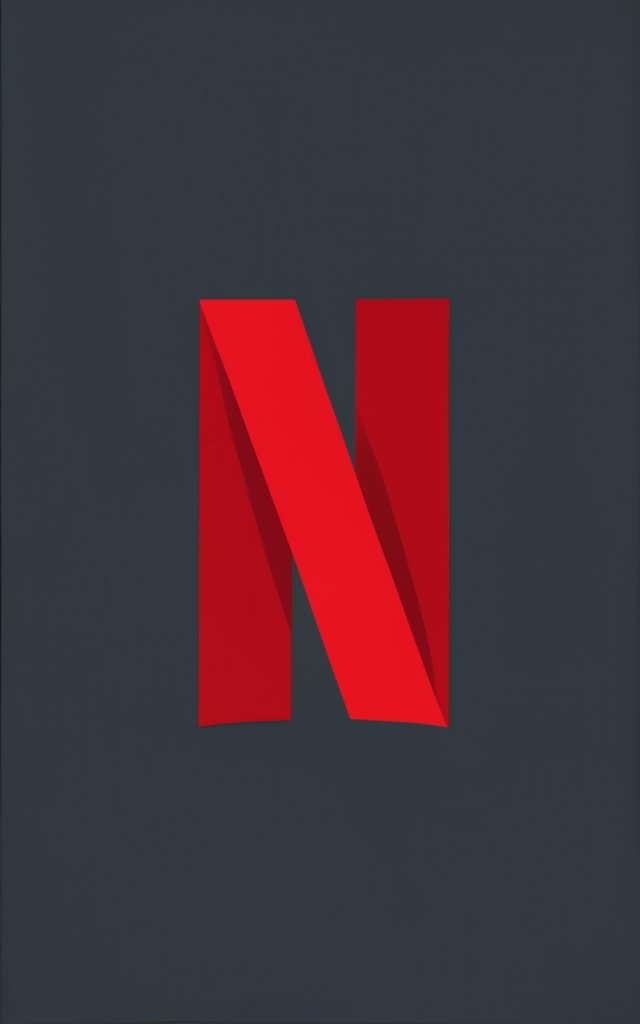From Prime Time to Stream Time: The Evolution of Entertainment

In an era where digital screens dominate, the entertainment industry stands at a transformative juncture. 2023 has seen streaming platforms like Netflix, Disney+, and HBO Max rise to prominence while traditional cable and satellite services witness a decline, with only 40% of Americans retaining their subscriptions.
The Streaming Surge

Digital convenience has reshaped viewing habits. No longer do viewers wait for scheduled shows; they decide when and where to consume content. The average American subscribes to four streaming platforms, spending roughly $50 monthly. Netflix, the trailblazer of this revolution, remains influential but contends with emerging competitors like Disney+ and HBO Max.
Paul Jun, CEO of Filmocracy, notes, “Streaming platforms have democratized entertainment. It’s not about prime-time anymore but compelling content accessible anytime.” This shift has also altered advertising strategies. Targeted ads on streaming platforms, tailored to viewers’ habits, are replacing traditional commercials, offering advertisers a more effective reach.
The rise of streaming platforms has also had a significant impact on the global entertainment market. With the ability to reach audiences worldwide, these platforms have expanded their content to cater to diverse cultures and languages. This global reach has led to a surge in international collaborations, bringing a mix of cultures to the screens and breaking down geographical barriers.
Moreover, the financial models of these platforms have evolved. Subscription-based models, combined with ad revenues, have allowed platforms to invest heavily in content production. This has led to a surge in high-quality original content, further attracting viewers and setting new standards in the entertainment industry.
The Human Element
This digital shift impacts those behind the scenes in traditional media. TV hosts and producers, once pivotal in prime-time television, now adapt to the fast-paced world of streaming. However, the rise of streaming has also birthed opportunities. Diverse voices, once considered too niche for mainstream TV, now captivate global audiences.
An industry insider shares, “The digital realm has amplified diverse voices. Stories once deemed niche now find global audiences.” Yet, an anonymous expert counters, “Streaming has led to content oversaturation. The challenge isn’t production but ensuring content stands out.”
The transition has also affected employment in the entertainment sector. While there’s a surge in demand for digital content creators, traditional roles in media have seen a decline. This shift has led to a re-skilling movement, with professionals seeking to adapt to the digital age.
Furthermore, the rise of user-generated content platforms, such as YouTube and TikTok, has blurred the lines between professional and amateur content creators. Today, anyone with a camera and a unique perspective can become an internet sensation, challenging the traditional norms of the entertainment industry.

The Future of Entertainment

The entertainment landscape is in flux. Rumors of potential consolidations abound, with platforms like Max and Discovery+ leading the way. Unauthorized access, like the 20% of streamers borrowing passwords, costing the industry an estimated $2.4 billion, poses challenges. However, opportunities emerge. A lack of compelling content is the primary reason for subscription cancellations, emphasizing the need for innovation.
Paul Jun predicts, “The future of entertainment is in the hands of storytellers. Platforms that prioritize original narratives will lead.” Emerging technologies like Virtual Reality (VR) and Augmented Reality (AR) promise to reshape the entertainment industry further, offering immersive experiences previously confined to science fiction.
These technologies are not just limited to gaming; they’re making their way into mainstream entertainment. Imagine watching a drama unfold around you in a VR environment or having characters from your favorite show appear in your living room through AR. The possibilities are endless, and the lines between reality and fiction are blurring.
Moreover, as data analytics and machine learning become more advanced, platforms will have a better understanding of viewer preferences. This will lead to more personalized content recommendations, enhancing the viewer experience. The integration of artificial intelligence can also aid in content creation, from scriptwriting to post-production, making the process more efficient.
A New Dawn in Entertainment
The once-traditional media-dominated entertainment industry now faces a digital renaissance. As streaming platforms ascend, traditional outlets strive to remain relevant. The forthcoming decade is poised for change and innovation, with emerging technologies and business models redefining content consumption.
In closing, the entertainment world is undergoing a significant transformation. The upcoming years will witness an evolving balance between streaming platforms and traditional media. The future is digital, and as we advance, one certainty emerges: the entertainment realm is set for unprecedented change. The next era of entertainment promises a blend of technology, creativity, and global collaboration, ushering in a new dawn for viewers worldwide.



